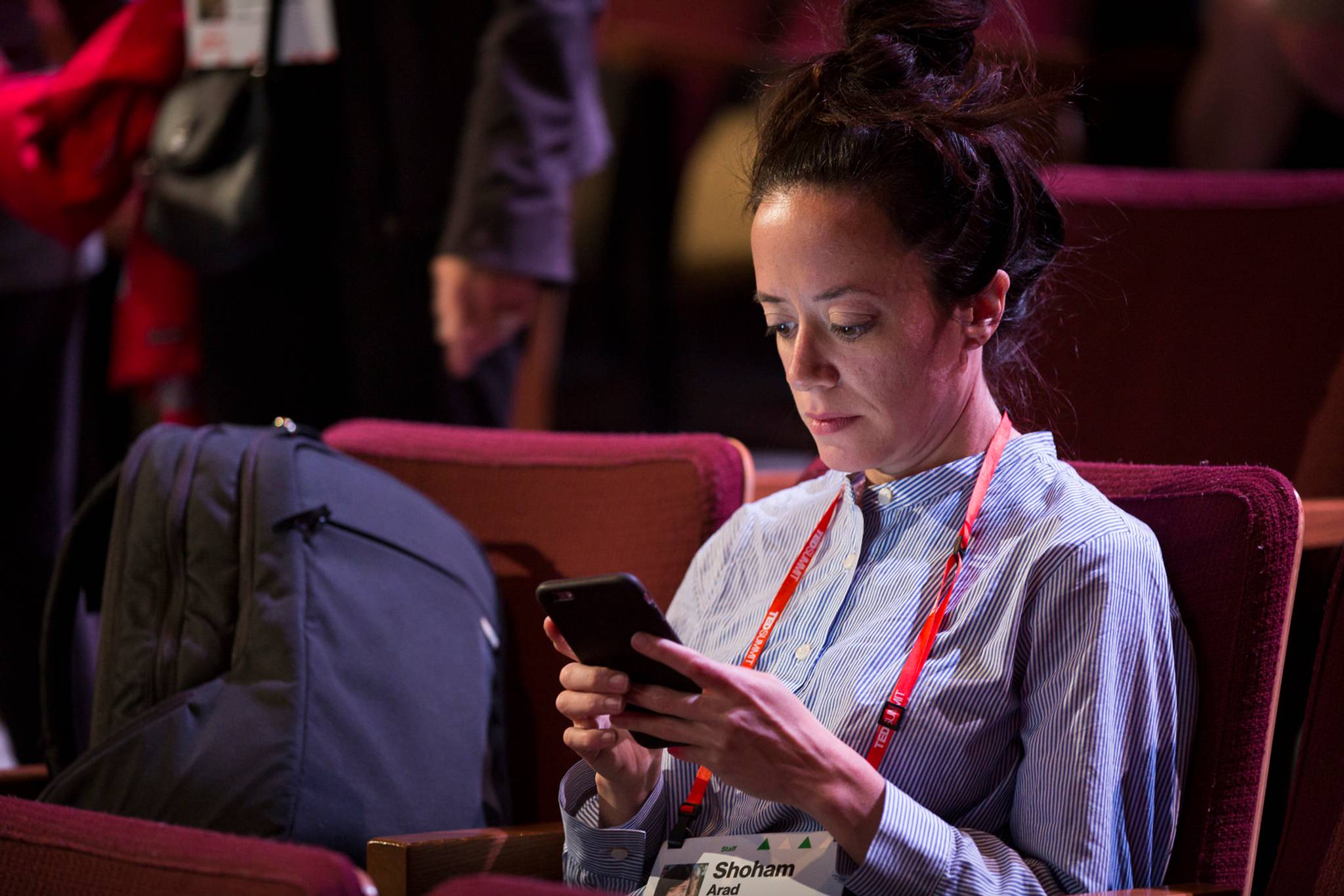
Whether at work, driving or during a family meal, the bleeps and vibrations emanating from smartphones can have a destructive impact on concentration. And new research has found that devices don’t need to make a sound – the mere presence of a smartphone face-down on a desk is enough to distract its owner from the task at hand. We explore the science behind why out of sight is not out of mind when it comes to people’s screens.
Researchers from the McCombs School of Business at the University of Texas analysed around 800 smartphone users to find out how much the presence of their phone affected their ability to complete various tasks. Each task involved completing a test on a computer that required their full concentration and measured their cognitive capacity.
The study found that subjects whose phones were in another room outperformed those whose devices were in a pocket or bag – even if they were switched off. “Your conscious mind isn’t thinking about your smartphone,” says Adrian Ward, co-author of the study, “but that process – the process of requiring yourself to not think about something – uses up some of your limited cognitive resources. It’s a brain drain.”
A previous study found that audible notifications are also a distraction, even when the owner ignores them. Because when it comes to people’s smartphones, they clearly have minimal self-control – a third of British adults check their phone for messages in the middle of the night. And it makes sense given that many apps are designed to be addictive. Some brands are stepping in to help solve this problem; Dopamine Labs created Space to lessen the effects of the addictive apps it helps to engineer, while Yondr help people put their phones away at gigs. But while most solutions let people keep their phone nearby, this research suggests that checking your device at the door could be the best solution.
Katy Young is a behavioural analyst at Canvas8, which specialises in behavioural insights and consumer research. She has a degree in American Studies and Film, and an MA in Journalism. Her interests include wild swimming, thinking of podcast ideas and singing in an all-female choir.



